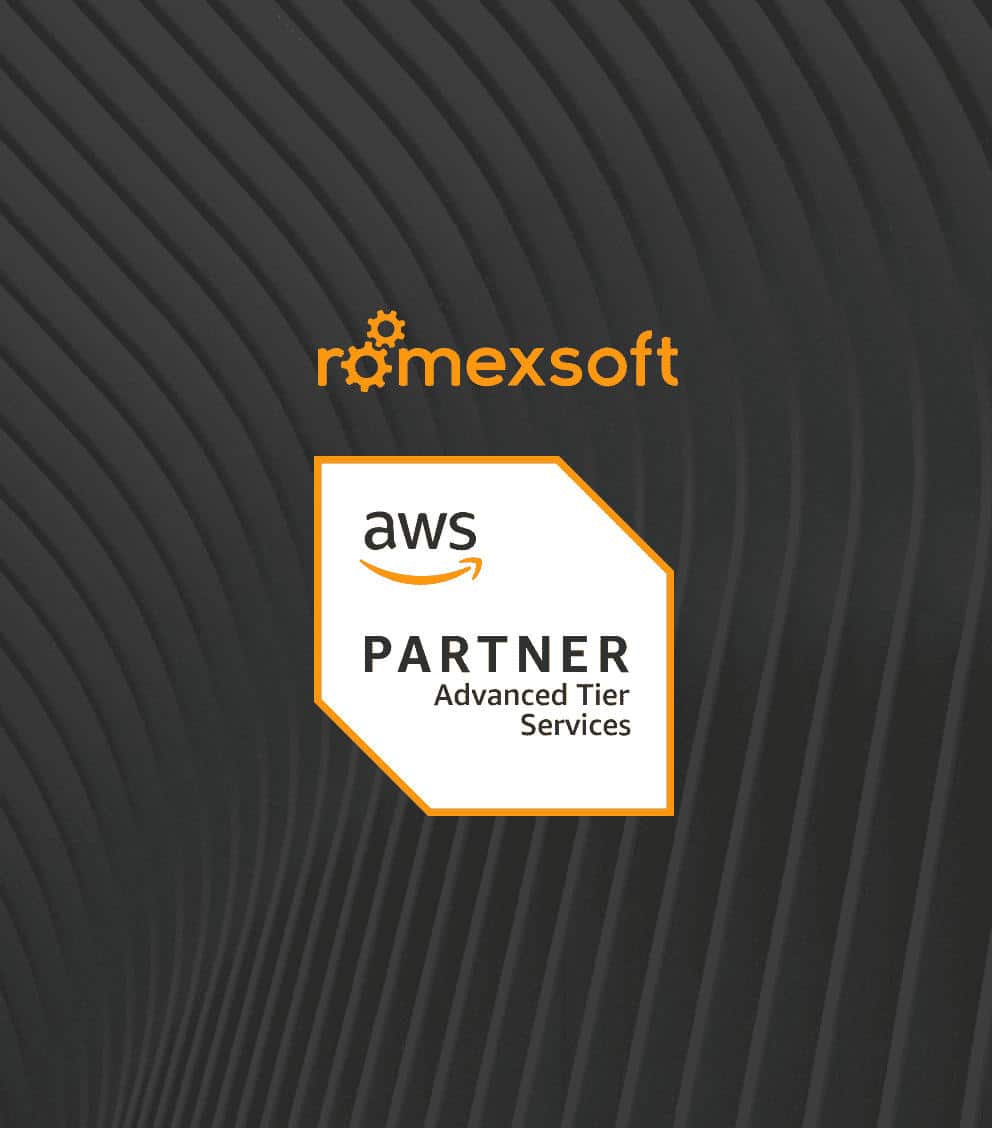DevOps Consulting Services and Solutions
Get strategic and engineering-driven DevOps guidance as the service that helps your development team evolve its software delivery into a faster, safer, and more resilient lifecycle.
Components of Our DevOps Consulting Services
Infrastructure Assessment
We perform a diagnostic of your current infrastructure, delivery pipelines, and deployment practices. We identify inefficiencies, security gaps, risk areas, bottlenecks in release cycles, and monitoring blind spots. Based on these findings, we deliver a pragmatic roadmap.
AWS Cost Assessment
We examine your AWS footprint across compute, storage, networking, logs, and data streams, identify idle or over‑provisioned resources, and design autoscaling policies. We also assess governance, tagging, and budgeting, offering recommendations that keep costs under control.
DevSecOps Enablement
Security controls are embedded directly into development pipelines and infrastructure workflows. Our consultants automate code scanning, configuration checks, and secrets management, helping the client maintain strong security without slowing development.
Infrastructure Security Assessment
The assessment covers infrastructure architecture, access controls, networking, CI/CD, and operational security. The DevOps team identifies risks and defines recommendations aligned with business goals and industry best practices.
Our DevOps Cases
Our DevOps consulting services go beyond guidance. Once we've defined a strategy, we help implement the complete solution in the client's environment.
What the Clients Say
Why Choose Romexsoft as an AWS DevOps Consulting Company?
As a recognized outsourced AWS DevOps services partner, we’ve assessed and improved a wide range of IT infrastructures across different industries. This hands-on background enables our consulting services to offer grounded counsel that leads to stronger delivery.
Quality-first Engineering
Our focus on quality, reliability, and innovation ensures predictable delivery, durable architectures, and methods that support long-term growth.
Advanced Systems Experience
We work confidently with multi-service and heavily integrated cloud environments, identifying hidden dependencies and performance bottlenecks.
AWS-validated DevOps Expertise
With an AWS-verified DevOps specialization, our guidance is backed by proven experience and strict alignment with AWS best practices.
Schedule a DevOps Consultation from Our Certified Experts
Start with an evaluation of your AWS environment and current delivery setup and get an action plan for strengthening uptime, reducing risk, and optimizing releases.
Benefits to Gain with DevOps Consulting Services
A strong DevOps strategy solves core operational bottlenecks and removes the barriers that slow teams down. Below are the main advantages you will get from DevOps consulting.
Reduced Time-to-Market
Enhanced Apps Reliability
Faster Recovery from Failures
Enhanced System Observability
Industries We Guide with AWS DevOps Consulting Services
We have worked across a range of industries with varying functional requirements, giving us a clear understanding of how DevOps practices should be shaped for each industry.
Healthcare
BioTech
FinTech
Ecommerce
EdTech
Media
Tools and Technologies Used in DevOps Consulting
Infrastructure as Code (IaC)
Monitoring Tools
CI/CD Tools
How We Conduct DevOps Consulting?
As a AWS cloud DevOps consulting company, we deliver services through a structured, hands-on engagement that blends technical expertise, process improvement, and guided adoption of modern engineering.
The engagement starts with a deep analysis of the client’s workflows, toolchain, environments, release cycles, infrastructure, and incident-management approaches. The consulting team identifies bottlenecks, manual steps, risks, and gaps in automation.
After completing the assessment, the team determines how the delivery execution framework should work and outlines the steps to achieve this goal, forming a target operating model using:
- branching strategy
- CI/CD structure
- testing approach
- technical architecture
- observability setup
- security requirements.
Based on this design, the DevOps specialist provides a phased blueprint with quick wins and long-term value points. Each initiative has clear outcomes: shorter lead times, higher deployment frequency, lower failure rates, upgraded MTTR, cost efficiency, or security hardening.
After the roadmap is approved, the consulting team begins introducing practical improvements across the delivery pipeline and cloud environments. This phase is hands-on: the team builds or modernizes CI/CD pipelines, applies Infrastructure as Code to standardize environments, and restructures cloud resources for stability, scalability, and cost control. Monitoring, logging, and alerting are configured to give teams full visibility into application health. Security controls, such as secret management, access policies, vulnerability scanning, and automated compliance checks, are integrated directly into the pipeline.
All changes are implemented incrementally to avoid disrupting ongoing development while ensuring measurable improvements in release speed, predictability, and operational robustness.
After each stage, we present the delivered improvements, explain the reasoning behind them, and guide the client’s team on how to apply and manage the updated delivery model. Also, our team can stay available for ongoing guidance, architecture reviews, and optimization recommendations to help the client maintain and refine the improved delivery model.
Frequently Asked Questions
You can measure ROI by tracking performance metrics that reflect how DevOps improves delivery speed, consistency, and engineering efficiency. Start by capturing baseline metrics before implementation and compare them to results after implementation. Key metrics include deployment frequency, change execution time, and the time it takes to move a feature from development to production.
You can also evaluate reductions in incidents, mean time to recovery, and failure rates to quantify resiliency improvements. Engineering productivity metrics such as cycle time, time spent on manual tasks, and speed of onboarding new employees help demonstrate efficiency gains.
As part of our collaboration consulting, we provide clear recommendations based on our analysis. Your team will receive explanations of architectural decisions, the rationale behind each recommendation, and the steps required to maintain and develop the environment. Within 24/7 DevOps Support and DevOps Services, we document DevOps procedures to ensure stable, secure, and predictable infrastructure operations across all environments.
This documentation enables:
- uninterrupted 24/7 support regardless of engineer rotation
- consistent and fast incident response
- reduced operational risks and human error
- clear process transparency for the client
- alignment with audit and compliance requirements (e.g., AWS Well-Architected, SOC 2).
We maintain structured documentation covering key operational areas, including incident response runbooks, change and deployment procedures, on-call and escalation flows, access and security guidelines, infrastructure and architecture overviews, as well as backup, disaster recovery, and monitoring processes. All documentation is maintained as living artifacts, stored in a centralized repository agreed with the client, and regularly reviewed and updated to reflect infrastructure and process changes.
Start by checking the status and certifications of AWS partners, these demonstrate proven expertise in architecture, security, DevOps, and managed IT services. Explore case studies that match your industry and use cases to understand whether they can deliver results in environments similar to yours.
Strong partners also provide clear communication, structured engagement models, and proactive support, rather than reacting to problems after they arise. Finally, evaluate their ability to scale with your project’s path: the best AWS partner should help you reliably build, optimize, operate, and grow your workloads over time.
Companies preparing to migrate to the cloud typically require consulting services to assess their current environment, identify gaps, and lay the groundwork for a smooth transition to the cloud. This typically includes a readiness assessment, architecture review, and dependency mapping to understand what needs to be changed before migration. DevOps consultants also define the landing zone, design automation using IaC, and set up CI/CD pipelines so that environments can be created and updated consistently.
Whether you are planning major transformations or expanding your existing structure, DevOps resources will help you make more informed decisions.













